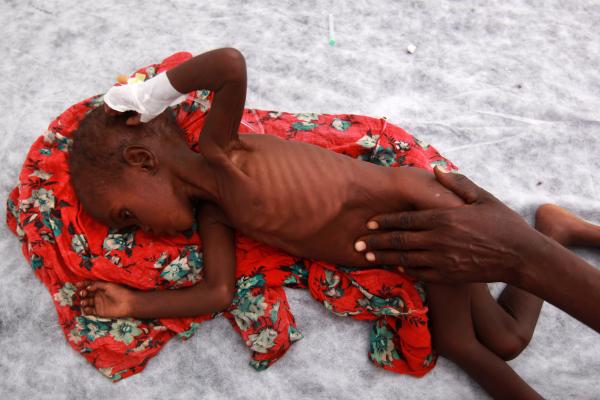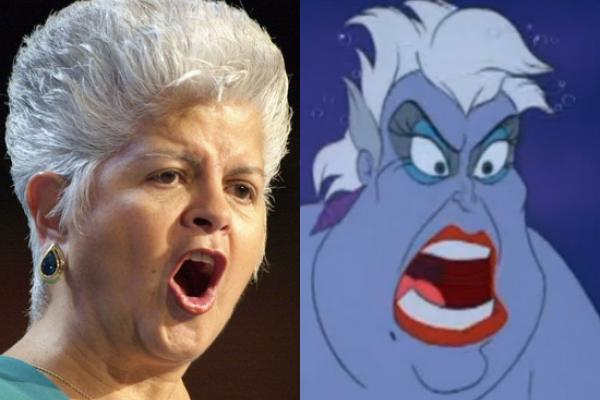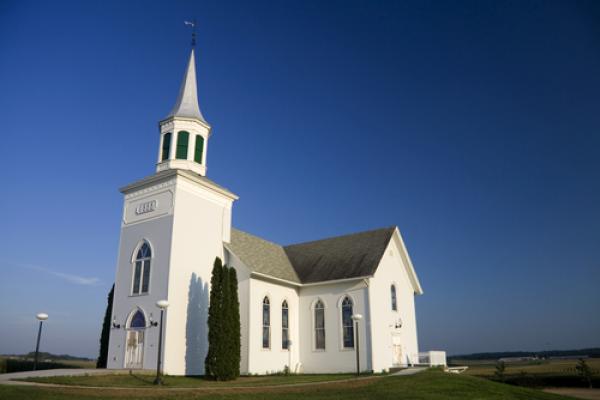Every day, millions of children go hungry. But it doesn't have to be that way.
- Hunger is the world's No. 1 health risk, causing more deaths annually worldwide than AIDS, malaria and tuberculosis combined.
(Source: World Food Program) - One in seven people in the world will go to bed hungry tonite.
(Source: World Food Program) - There are more hungry people in the world (925 million) than the combined population of the United States, Canada and the European Union (841 million)
(Source: World Food Program)
Find out about the causes of hunger — and the solutions — in a new video from World Vision Australia (with music by Gotye) inside the blog...
The most amazing thing happened this week.
Maybe you missed it.
The Episcopal Church held their General Convention in Indianapolis, Indiana. They gathered. They prayed. They sang. I'm told there were a few sermons, too! And you know they offered the Eucharist. They can't do anything without someone bringing bread, wine, and a blessing. God love 'em.
This week they voted, too. They held up in their bicameral way of doing things and worked out some key issues. Among the issues at hand were whether or not to sell their offices in New York City and to find ways of investing their income in the future of the denomination. They did both. If you followed them on Twitter (Many did. #GC77 trended right up there!), then you know that there was hope and joy in their rooms. This is not why they made the news, of course. They made the news when they voted to formally allow for same-sex blessings within their communion.
There’s plenty of fodder for sub-par parenting in the Good Book if we want to find it. But based on the examples of Christian parenting I see in more contemporary culture, the things we’d be best to move beyond are a little subtler (sometimes anyway) than the examples above.
Consider James Dobson’s (former head of Focus on the Family) writing on raising children. He advocates corporal punishment, placing the male as the “head of the household,” and other advice that makes a guy like me cringe. And interestingly, a lot of the differences I have with traditional (some might say “evangelical”) Christian parenting parallel my differences in how to approach Christian community all together.
In that light, here are five habits, often attributed to “Christian parenting” values, that I’d just as soon replace with something new.
How to prepare for an outdoor movie – famous people caught wearing Bill Cosby sweaters – Abraham Lincoln band aides – famous art recreated from torn magazines –how to impersonate Barack Obama. See these and more in today's Links of Awesomeness...
When you're in the public eye, it's only a matter of time before you're known, not by your name, but as "that guy who looks like Pinocchio." In this hilarious compilation of look-alikes, 26 politicians are paired next to the Disney character they best resemble. And for some the comparison couldn't be more spot on.
See the whole thing HERE on the Huffington Post.
Micah Bales asked a deep question. He suggests that the wealth in property we’ve inherited is hindering our work for social justice. He talks provocatively (as a spiritual challenge, he clarifies) about “burning the meetinghouse.” He asks, “What would happen if we put the movement of the Spirit ahead of property management?”
As I passed churches the other day I asked myself, “If there are so many churches in America, why does America look so unlike the Kingdom of God? Why are we strangers to our neighbors? Why do we have homeless poor among us? Why do sweatshops produce the majority of our goods? Why do we have the greatest per-capita incarceration rate in the world? Why are we choking the earth with fossil fuels?”
Many non-Christians lay the sins of our nation and even the world at the feet of the church. After all, a 77 percent of us self-identify as Christians (in 2009). So why is it that the Christian faith, the self-avowed enemy of greed, has allowed this world to happen?
I think that our churches have been slowly converted by the logic of the market, a logic which Paul called “the world.” Jesus called his disciples to disregard the economy, and later, in the midst of the Roman empire, the Acts church built centers of economic and spiritual wholeness that offered a concrete alternative to the mandatory emperor-worshipping cult which was physically represented by Caesar’s head on the golden coin: the money system. There was a prophetic imagination alive in the Acts church.
Bill Nye the Science Guy may not be a real scientist, but he tells CNN's news anchor that he knows how to read a chart, and when you look at the data on climate change, journalistic objectivity shouldn't try to obscure the facts. Watch Nye respond to climate change skeptics and discuss the conditions that led to the Colorado wildfires. [via CNN]
Ever wondered how the poverty rate has changed over the years? And how that breaks down by various demographic categories? You could spend several hours poring through the annual reports by the Census Bureau and find all the data.
Here’s an easier (and more interesting) way. Our friends at Demos, an organization that “combines research, policy development and advocacy to influence public debate and catalyze change,” have created a series of interactive graphs that can answer all your questions.
Tracking American Poverty & Policy contains the data on the U.S. poverty rate annually from 1967 to 2010, including the rate of those in “deep” poverty and those near poverty when you zoom in on the graph. Then follows a set of graphs for the same time period by race, gender, age, educational level, and family; with the same three breakdowns.
It’s a useful resource for historical data on poverty, and it’s fun to play with the graphs to find the data.
Rest and renewal are hard to come by for any leader.
As such, there’s a week that I treasure each year for providing me with the deep replenishment I need to keep me going as I lead international creation care ministries. It may not be everyone’s idea of a good time, but for me it’s a balm that picks me up like no other—Duke Divinity School’s annual summer institute hosted by the Center for Reconciliation.
The first time I attended the institute in 2010, I limped in like a spent marathon runner crossing the finish line. After successfully rising to the challenges of the recently ended academic year, I was bone weary from the demands of leadership and ready for a week of recuperation and rejuvenation.
I was looking forward to being with like-minded leaders who implicitly understand my mission to educate Christian university students to “be agents of, and participants in, God’s shalom,” soaking in the wisdom from long time heroes like John Perkins, and participating in my selected creation care track led by Duke Divinity’s Norman Wirzba.





